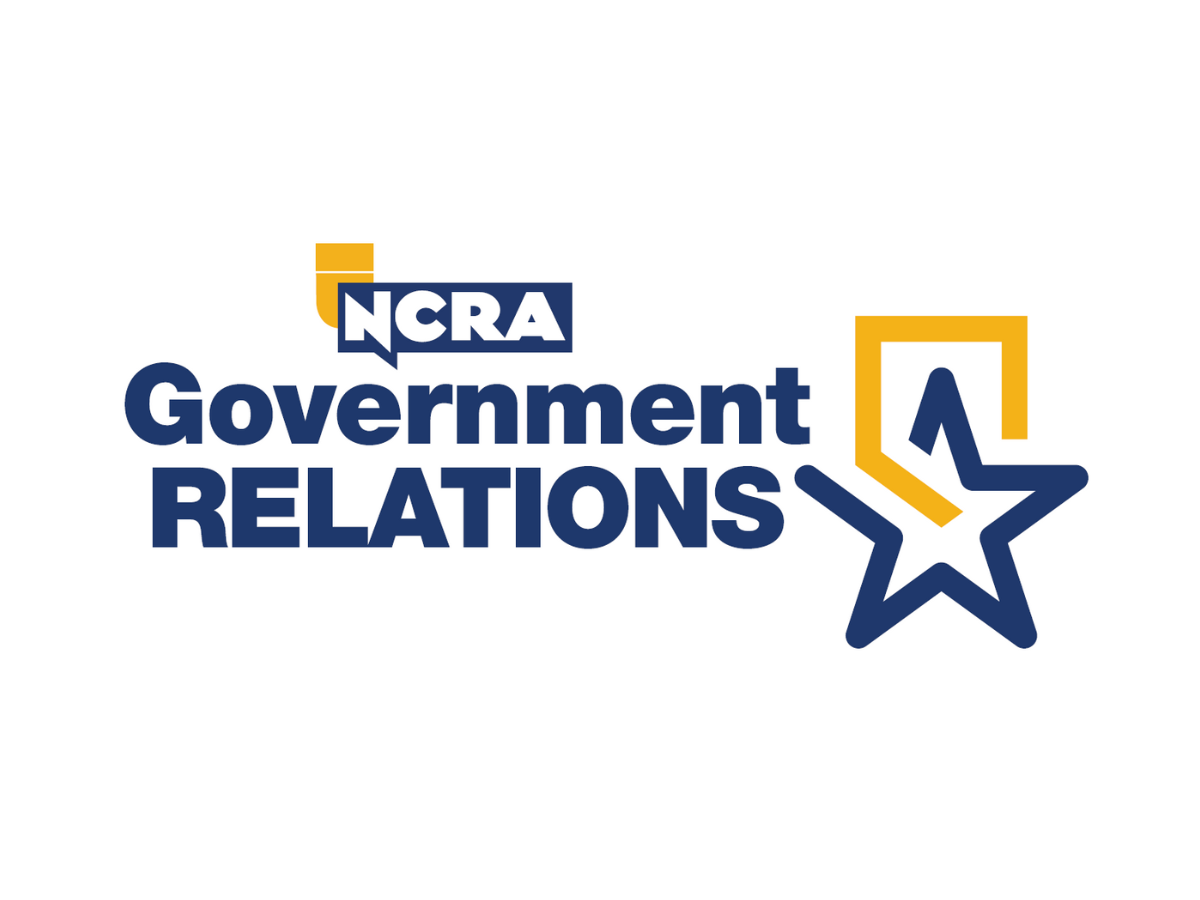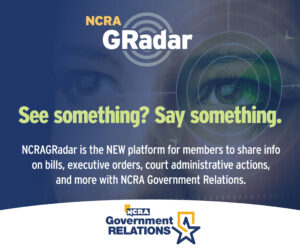A memo dated November 20, 2024, from the North Dakota State Court Administrator addressed to the Clerk of the State’s Supreme Court has come to light, unveiling a wide range of proposals that would result in the elimination of court reporters in the state’s judiciary.
“Essentially they’re looking to get rid of coworkers who serve as the State’s court reporters for something that was probably being pitched as cheap,” said Colin Brehm, the National Court Reporters Association’s State Government Relations Manager. “It wouldn’t matter if it’s a parking ticket or your parent’s murder case, court records would be generated by the lowest bidder who doesn’t even have to be in the United States.”
As officers of the court, NCRA certified court reporters are bound by professional ethics to maintain neutrality and confidentiality. They are trained to handle sensitive information with discretion, something not guaranteed by mechanical or digital alternatives that can be based overseas.
“We understand the pressures to modernize and economize; however, we must not compromise on the quality and integrity of our judicial processes. Certified court reporters are an investment in judicial excellence and community trust,” wrote NCRA President Keith R. Lemons, FAPR, RPR, CRR (Ret.), in letters delivered December 4 to the North Dakota State Court Administrator and Clerk of the State’s Supreme Court.
The integrity of judicial proceedings hinges on the accuracy and impartiality of the record. Certified court reporters are trained professionals who adhere to stringent ethical standards and possess the skills necessary to provide a verbatim record of court proceedings. Their role is not merely technical, but vital in upholding the sanctity and reliability of legal records, ensuring that justice is served through an accurate and complete transcript of all spoken words.
As outlined in NCRA’s white paper, the transition to automated or less qualified recording methods introduces risks that could compromise judicial integrity. Automated systems, while technologically advanced, still lack the nuanced understanding and adaptability of human court reporters. Misinterpretations or failures to capture the full dialogue can lead to disputes over transcripts potentially affecting the outcome of cases.
It is crucial that members advocate and inform officials that, as officers of the court, certified reporters are bound by professional ethics to maintain neutrality and confidentiality. They are trained to handle sensitive information with discretion, something not guaranteed by mechanical or digital alternatives that can be based overseas.
NCRA is inviting its members and the public to mobilize and advocate for judicial integrity through December 19 by noon Central.






